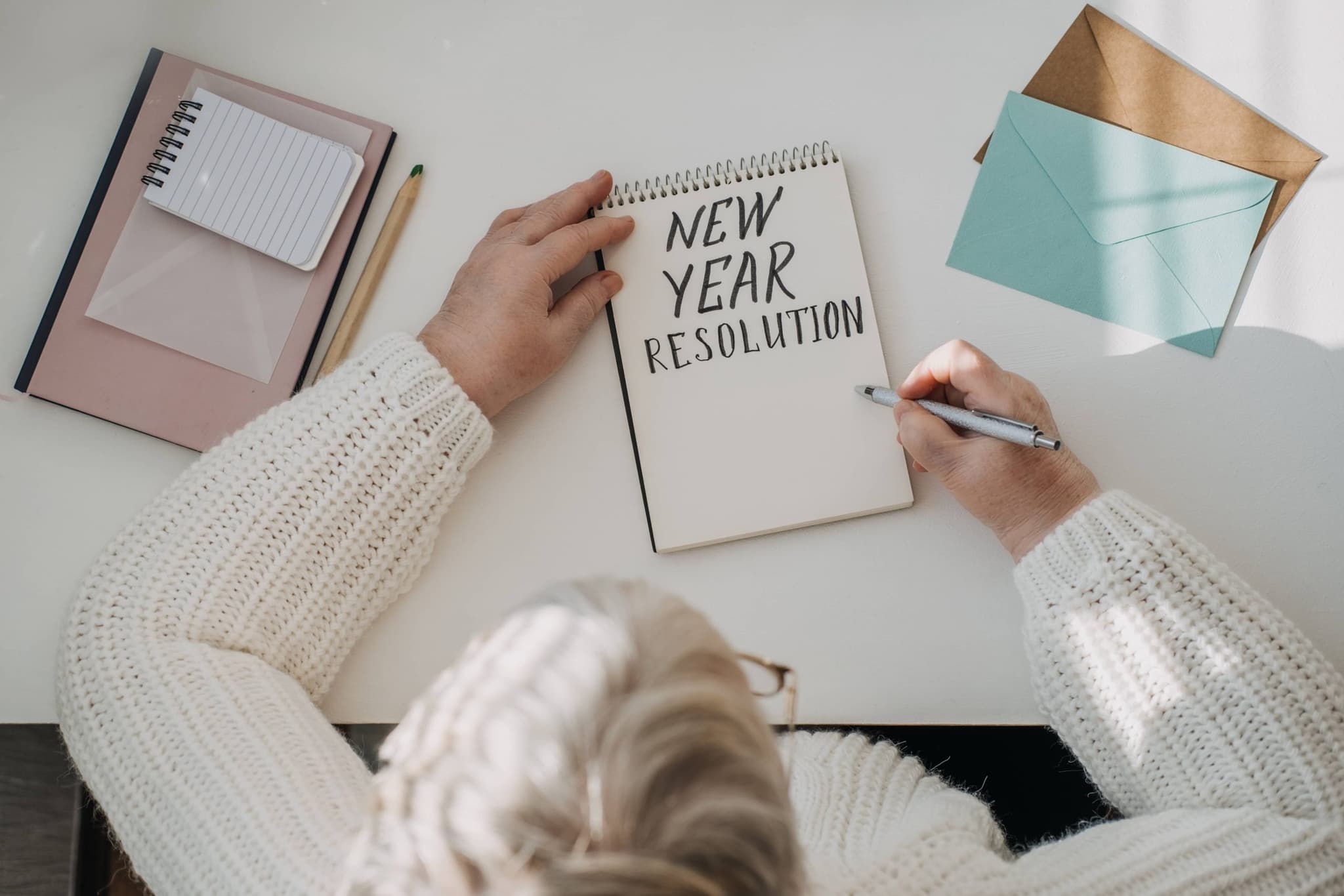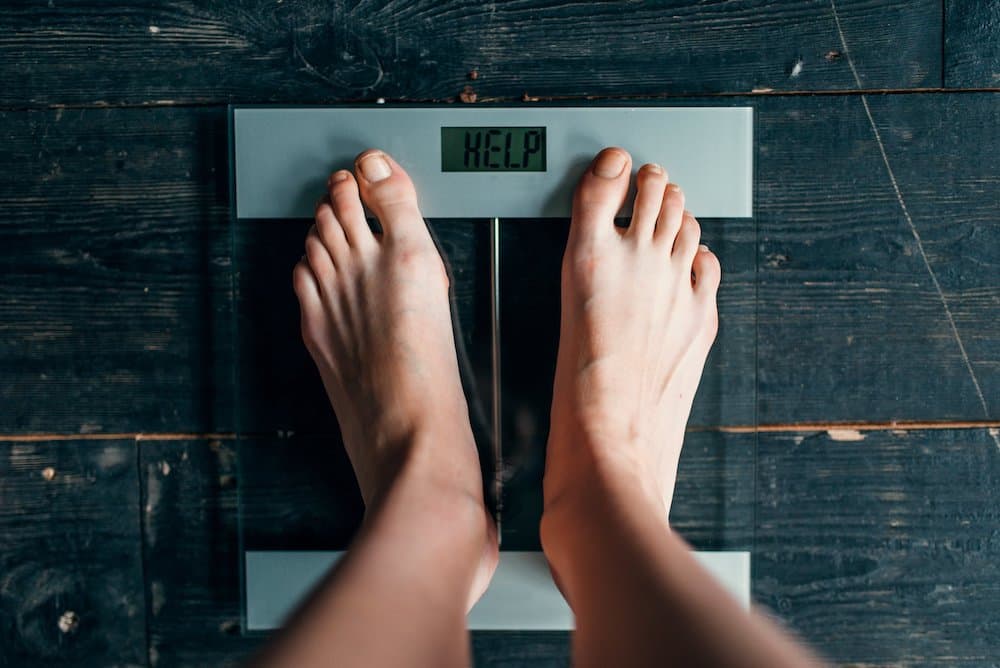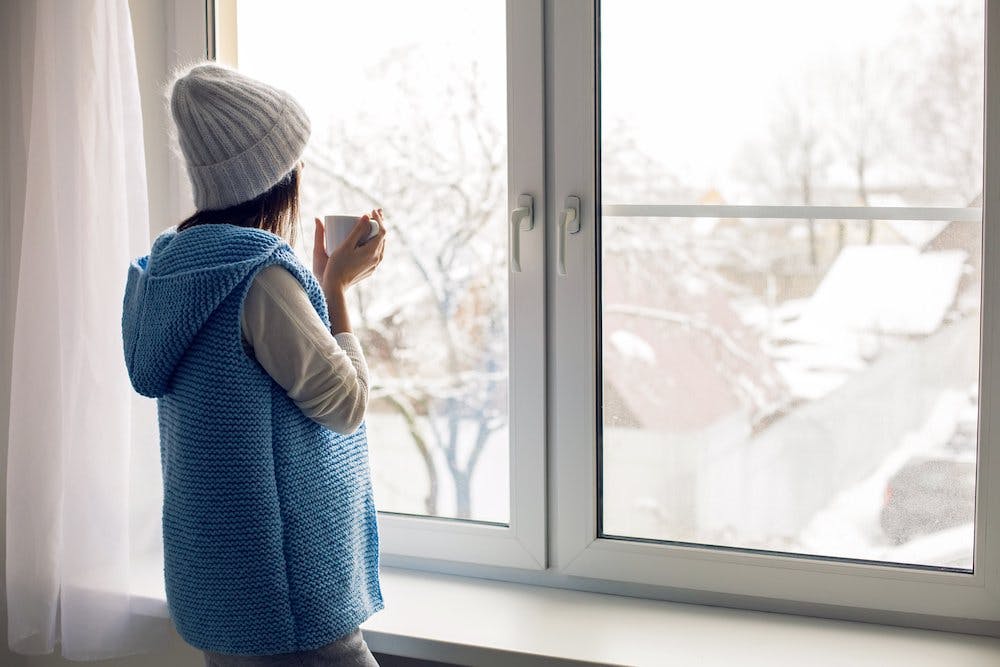
2021-12-29T14:03:24
How to Make New Year’s Resolutions you can Actually Keep
- Weight Management
- Wellness Institute
October 5, 2017 | Wellness Institute

Everyone experiences stress, and relaxation techniques are some of the simplest ways to help with stress management. Relaxation is any process that decreases the effects of stress on the mind and body, and these techniques can help with anything from moderate stress all the way to stress-related health concerns.
Relaxation techniques can be taught by various health professionals, or they can be learned on your own in many cases. They generally involve refocusing the mind’s attention on calming factor, something that increases awareness of the body. There are a few different kind of relaxation techniques:
Other techniques may include:
There are several benefits of relaxation techniques:
Like any other learned skill, relaxation techniques will take time to perfect. You’ll improve your skills over time. If one technique isn’t for you, try another instead. It’s rare, but some people may experience emotional discomfort during relaxation techniques—if this is the case, stop the activity and speak to your doctor or mental health provider. If you’ve tried multiple techniques with no success, your doctor can offer additional recommendations.
Through cardiovascular exercise, strength training, aquatic activities and specialty classes, members can increase productivity, manage chronic conditions, improve general health and get more enjoyment out of life. Members have access to various cardiovascular and strength training equipment including free weights. A full range of fitness, weight loss, nutrition and wellness classes are available for member convenience.
Sources:
“Relaxation techniques: Try these steps to reduce stress.” The Mayo Clinic. http://www.mayoclinic.org/healthy-lifestyle/stress-management/in-depth/relaxation-technique/art-20045368?pg=1
“10 Relaxation Techniques that Zap Stress Fast.” WebMD. https://www.webmd.com/balance/guide/blissing-out-10-relaxation-techniques-reduce-stress-spot#1
WRITTEN BY:
The Live Better Team

2021-12-29T14:03:24

2019-07-22T16:27:23

2019-01-10T09:28:19

2019-01-02T08:00:06
This information is not intended to replace the advice of a medical professional. You should always consult your doctor before making decisions about your health.